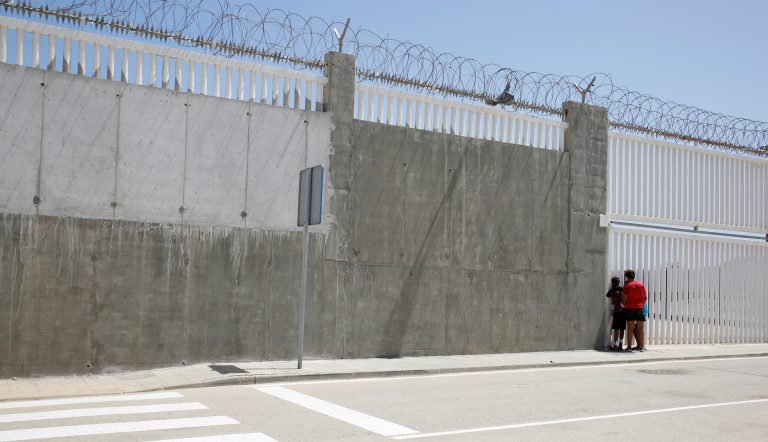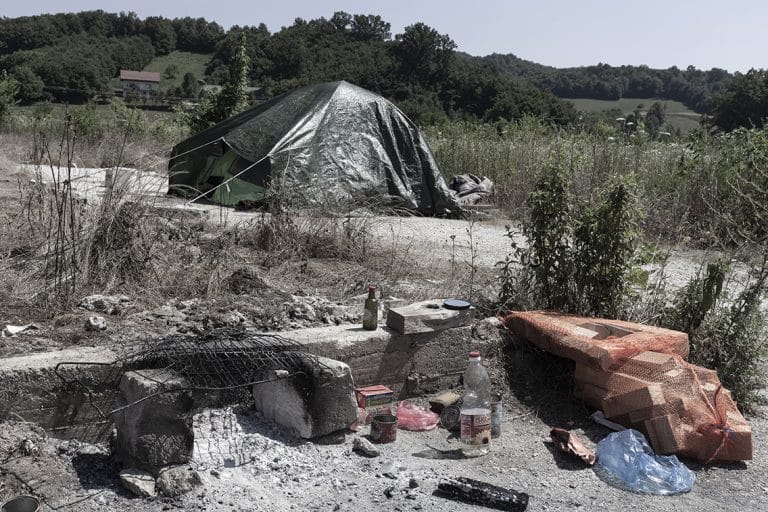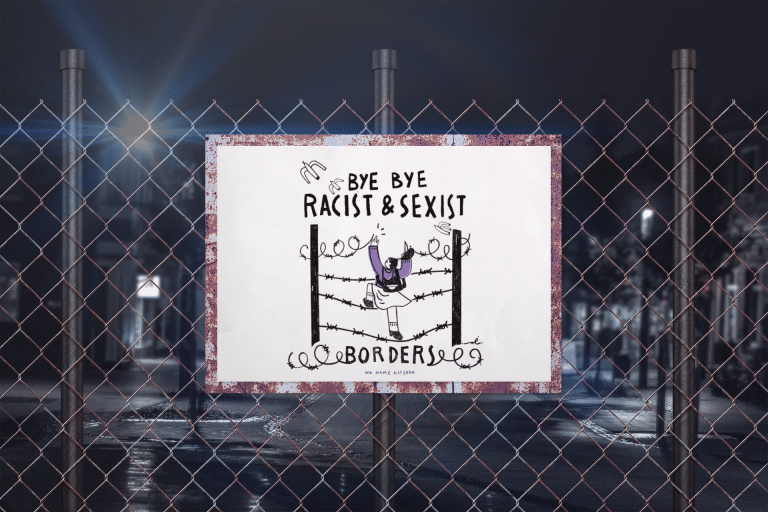By Alessia Albano. Graphics by Sergio Gallego. Translation by Sara Minolfi
Here we are again, we are happy to present the aggregate data of the last 4 months (from May to August) of our “health on the move” program.
Also for these four months our strong point has been showers and the distribution of hygiene products, in fact we have been able to provide 2260 showers of which 337 were done in Ventimiglia, where we have just started activities in mid-July. This is because we believe that PREVENTION is one of the most important aspects in a health program, proper personal hygiene – as well as providing dignity to people who are forced to live in hardship and in precarious places – prevents many problems that can arise later due to poor hygiene, such as scabies or pediculosis.
Scabies treatment
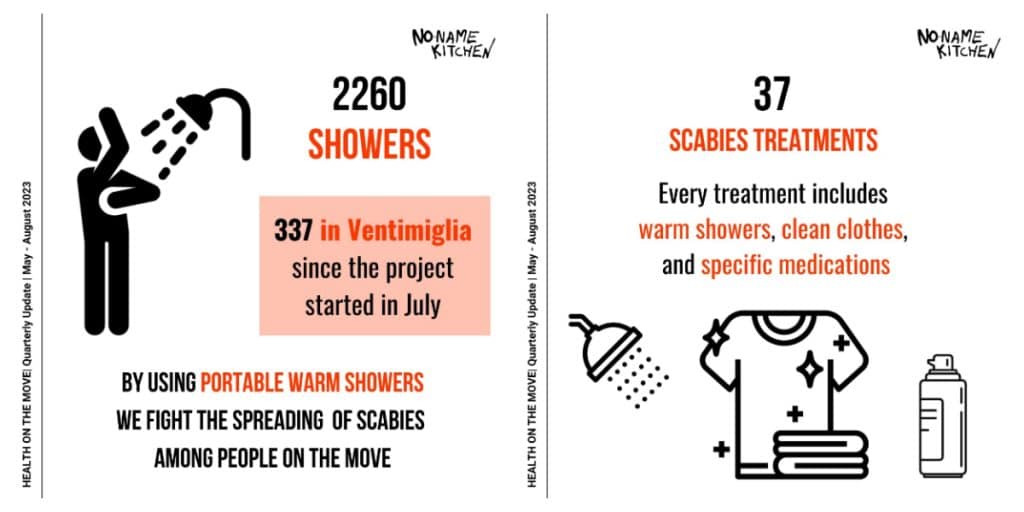
We also keep providing scabies treatments in many places, in collaboration with medical organizations on the ground. However, in some cases they are only able to provide the medical treatment (e.g. permethrin cream or benzoate oil), but they cannot provide showers or the changing and/or washing of clothes and blankets, which are also a key part of the treatment. And, so, we do it.
In addition, we can consider as prevention also the distribution of MEDICAL KITS, which are small packages that people can take with them while traveling, with disinfectant, a couple of band-aids, two bandages, a few vitamins inside so people can medicate themselves and prevent even a small wound from getting infected and becoming a more serious problem.
Also the activity of distributing clean, potable water is a prevention activity, because very often we come across people with gastrointestinal problems because they were forced to drink water that was not clean.
Specialized treatments
In these four months we have been able to provide 37 SPECIALIZED TREATMENTS, which include booking and accompanying people to specialist visits, using the services offered by the area where we operate, so public hospitals or where people do not have access to them in private clinics.
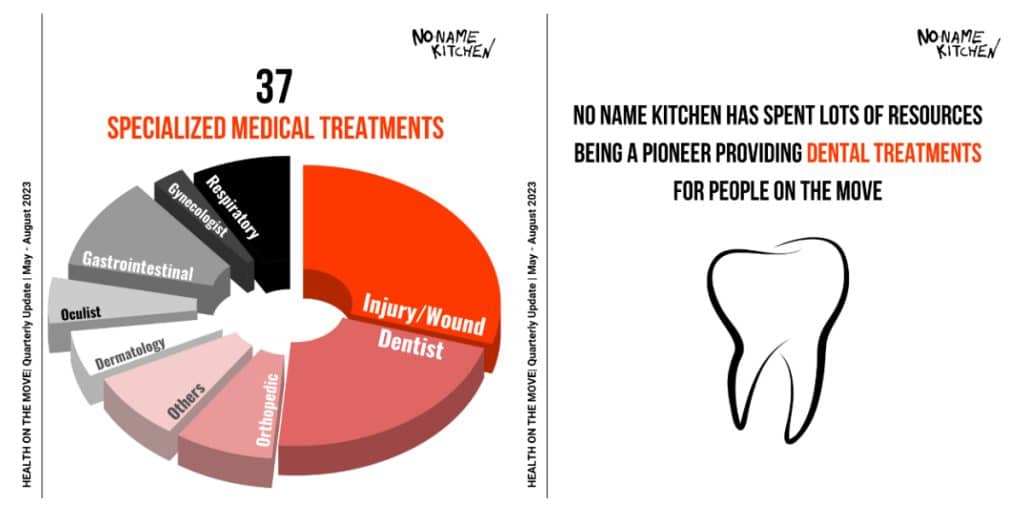
Unfortunately, we have to stress how important it is to physically accompany people to the hospital to make sure that their rights – the right to health – are respected, because many times we see incidents of racism or bad health care.
There are cases that we follow up for months and months before the person is diagnosed or before the hospital takes care of them.
Care on the move: Psychological aid
Last but not least, in July we finally launched our CARE ON THE MOVE program! Perhaps it is still too early to present you with quantitative data on how this program is going but we are very happy with the first few months. We believe that MENTAL HEALTH is a serious issue to be addressed, certainly very complex but we are not discouraged.
After years on the field where we met people with severe psychological distress we decided to get involved and try to connect people who want it with a psychologist, who specializes in migration and psychological help in emergencies. We emphasize this aspect because we are aware that a psychotherapy path cannot be started when the person is not stable, and being on the move is not stability.
Moreover, we are valuing all those EMOTIONAL SUPPORT activities, which we at NNK are very good at putting into practice but perhaps over the years we have never given them the value and importance that they have instead: playing cards, organizing a football match or cricket, drinking a hot chai with friends, a graffiti contest, the barber corner… These are all activities that are naturally created by volunteers/activists and people on the move but have huge importance from the point of view of emotional support, as much for the people on the move AS for the volunteers/activists on field.




Let’s give the right value and importance to all the wonderful things we TOGETHER create every day.
If you would like to receive more information about any specific case or have any concerns about our health project, please feel free to contact the program contact person at health_onthemove@nonamekitchen.org


